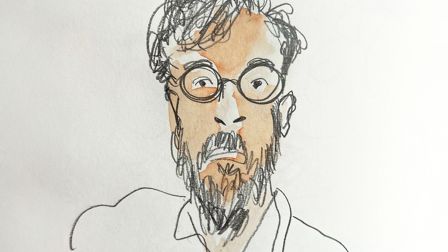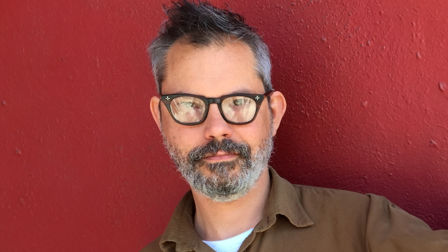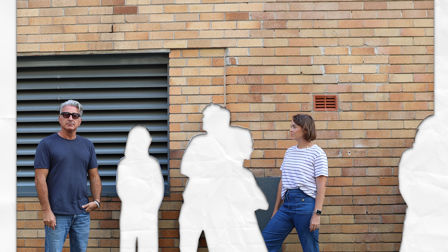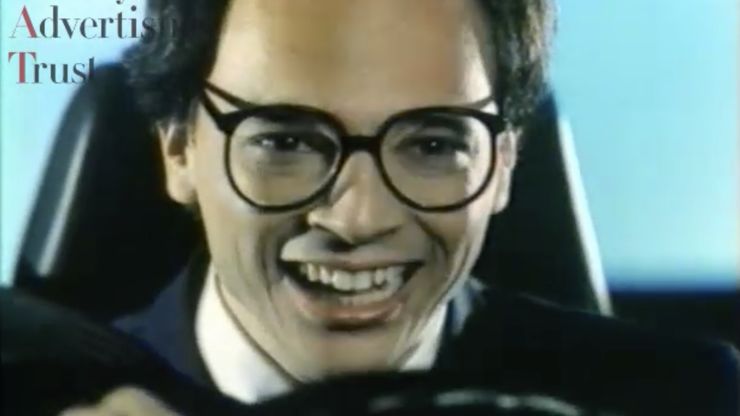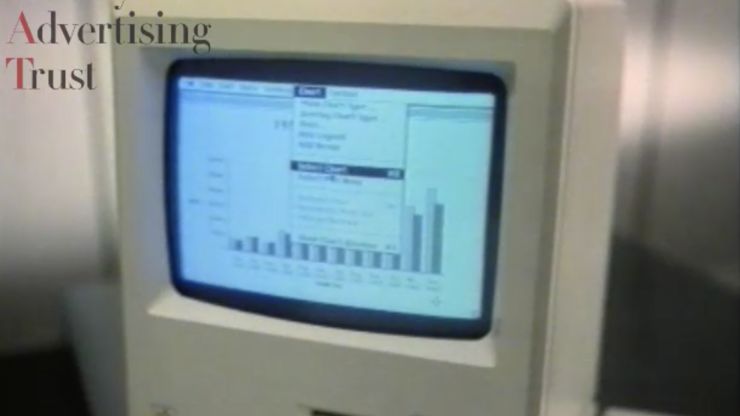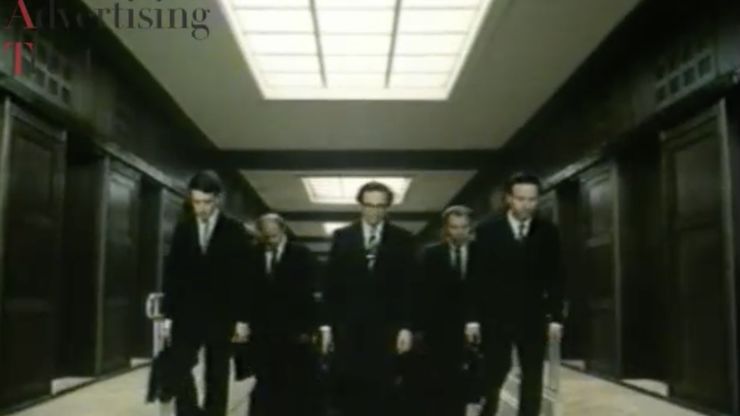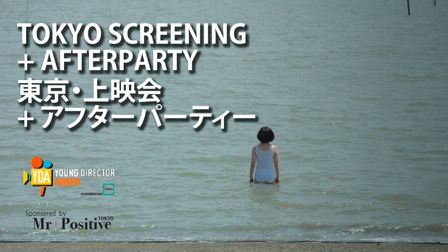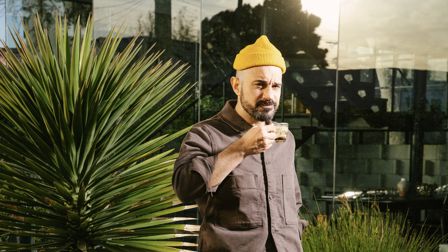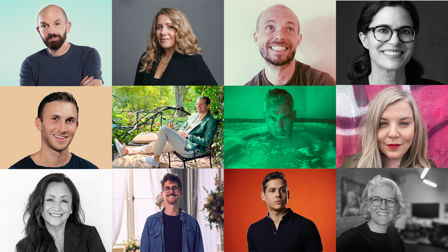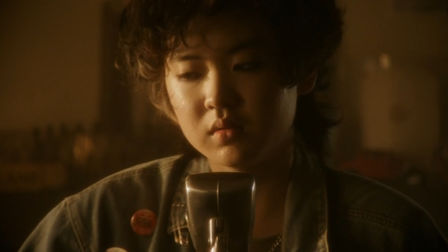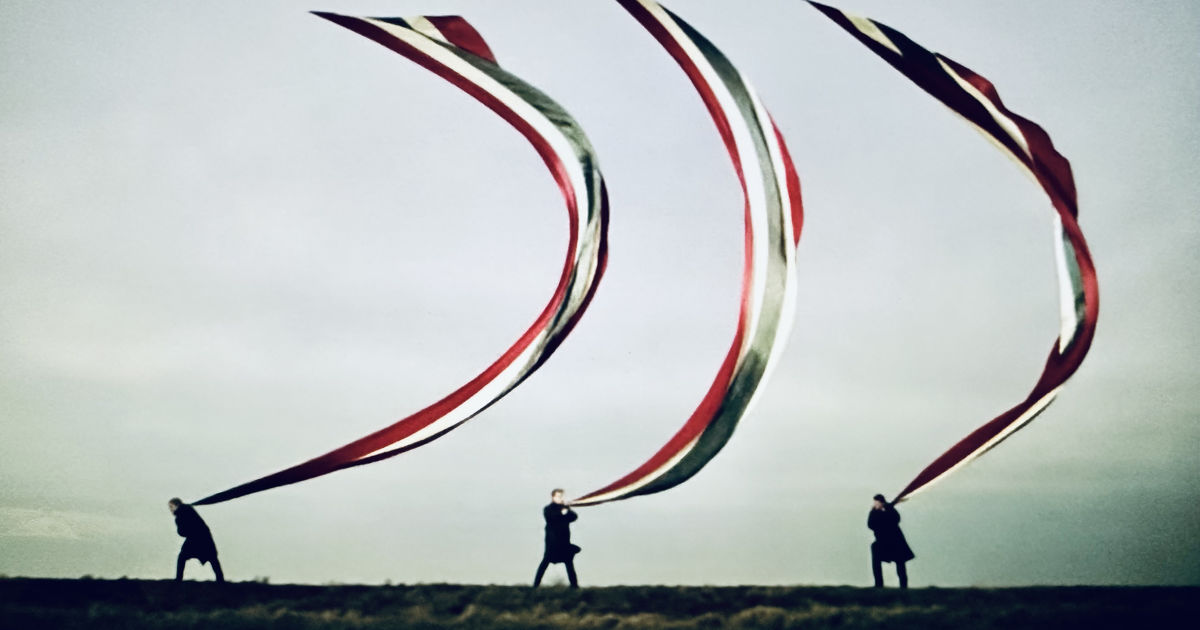Fresh eyes, high hopes
Award-winning DP Stuart Harris, has worked on such films as Ken Russell’s The Boyfriend and David Hare’s Wetherby, as well as more than 4000 ads and music videos, including Pink Floyd's High Hopes. Currently co-head of cinematography at the National Film and Television School (NFTS), he also runs the School's D&AD-sponsored course, Directing Commercials. Here he shares top tips for newbie ad directors.
Is there a certain personality type, or set of traits, that dispose people to be a good commercials director?
Passion is what I am looking for and people who can adapt to changes without throwing their toys out of the pram. I advise students to have a plan B in mind but obviously to not lose sight of the initial idea. So yes, in my opinion passion and strength of character are necessary requirements.
The best ideas are simple, you just have to come up with them.
Your course involves interaction with real clients. How do your students respond to this when they have maybe been used to approaching filmmaking with a very different set of parameters?
The NFTS Directing Commercials Diploma course is a one-year course and most of the students on the course are already working in the industry and so understand and respect the clients wishes. In any case, one of the first things we teach is the ‘how’ and the ‘why’ a film is needed. We teach them to listen to the clients and understand their requirements.
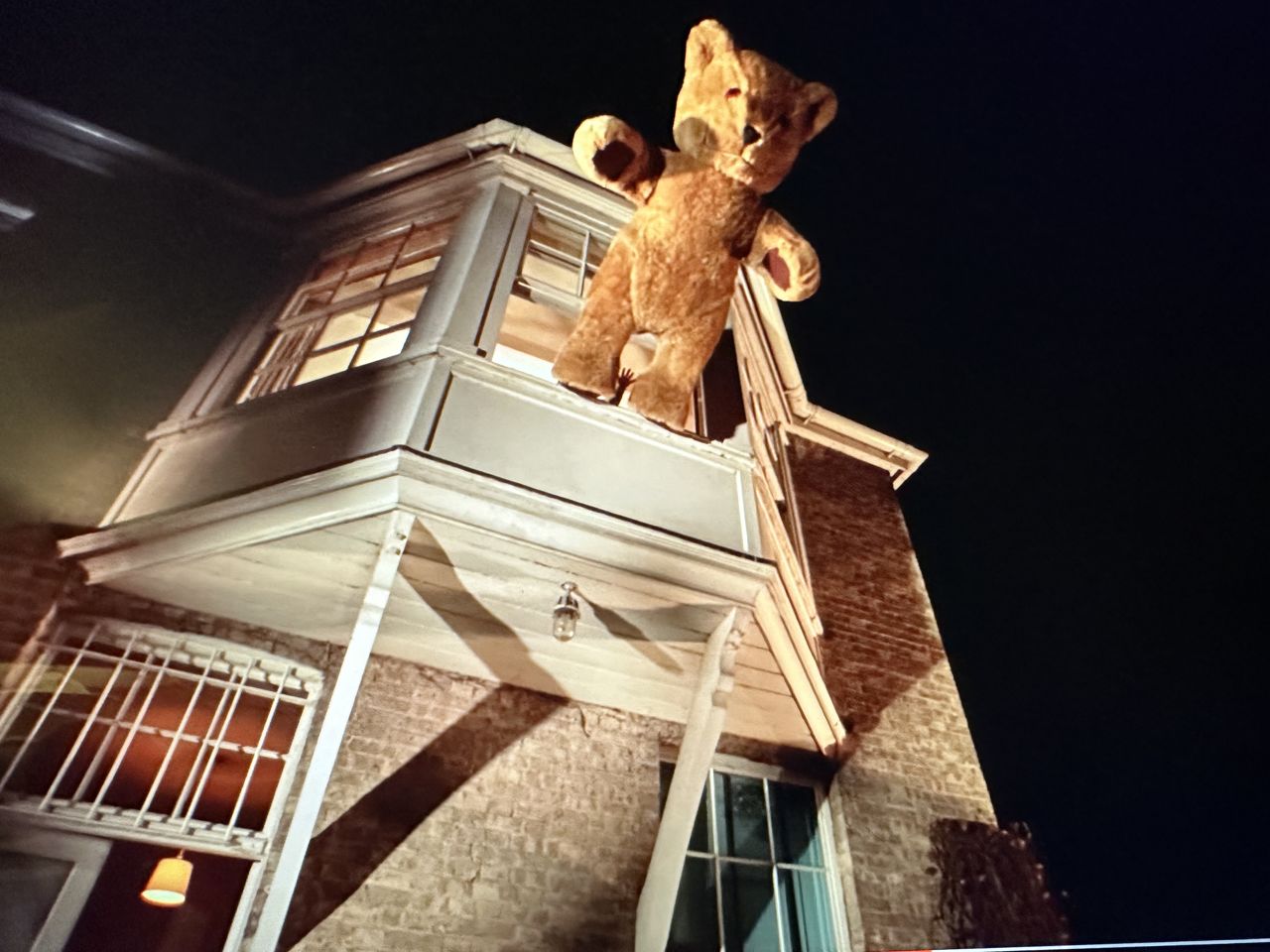
Above and main image: Stills from the video for Pink Floyd's High Hopes – directed by Storm Thorgerson and photographed by Harris.
How do you guide students who might find the highly collaborative nature of commercials directing a challenge?
We interview all the students before they are accepted onto the course. We also explain exactly what we will give them and equally what they will need to give us. Any challenging situations can be explained by the industry pros and the experienced tutors we have teaching on the course.
Learn from the great stories that are out there. In my opinion you cannot move forward without knowing the history that is behind you.
What are the key tenets, or top tips, that students of commercials directing must know?
I worked with the great Broadway director Hal Prince on a movie very early in my career and Hal’s mantra was ‘simple is best, less is more’. I strongly believe he was right. It is a wonderful thing to have amazing ideas in your mind as a director but think of the product. You must think about what you are selling and let the ideas come from the product – not a sensational idea with the product shoehorned into it. The best ideas are simple, you just have to come up with them.
Above: Harris worked with Nick Lewin, who changed the look of commercials in the early 80s, such as this Foster Grant spot.
Can you describe your own path into advertising (and cinematography)?
After spending many years as a camera assistant and working on many movies, including Stanley Kubrick’s 2001: A Space Odyssey, I eventually made the change and became a cinematographer. I was fortunate to work with photographers who were entering the commercial world and I greatly admired their attention to detail.
I started to work with the wonderful Nick Lewin who was changing the look of commercials in the early 80s, he presented a more stylish and punchier image, as demonstrated in his Foster Grant and Apple Computers commercials. Then with Barry Kinsman who had been Ridley Scott’s editor.
There are always challenges in our industry but you just have to take them on. Social media advertising is not going away, so take it on and enjoy it.
Both Nick and Barry went from editing to becoming stylish filmmakers. You couldn't pigeon-hole their work and they'd greatly enhance any genre of commercial given to them.
They each said to me, "do not ever do average but go beyond, experiment and we will be there for you." Along with shooting features, I really enjoyed the challenge of working in commercials at that level.
I've shot over 4,000 commercials, met and worked with some of best directors and creatives, and I've loved every minute of it. Now I am passing what knowledge I have to the future generation.
Above: Stanley Kubrick’s 2001: A Space Odyssey is among the many movies Harris has worked on.
How do you advise students to approach the changing nature of advertising, for example the creation of content on social platforms?
We are now finishing up a commercial that the client specifically wanted shot at 9 X 16, meaning a phone upright frame. That is quite a challenge but all the students together with the NFTS MA course cinematographers took on that challenge and excelled at it. There are always challenges in our industry but you just have to take them on. Social media advertising is not going away so take it on and enjoy it.
Film is universal; it is the most wonderful art form. Learn from the great stories that are out there.
Apart from doing your course, what do you think is the most useful training ground/activity for would-be commercials directors?
We are all storytellers – commercials are just very, very short stories. Watch everything you possibly can. Look at photography through the years; watch movies of every kind from all over the world. Film is universal it is the most wonderful art form. Learn from the great stories that are out there. In my opinion you cannot move forward without knowing the history that is behind you
Above: Stills from Nick Lewin's spot, Apple Computers: Things To Do, 1986
Can you explain D&AD’s involvement in setting up the course, and how has the advertising industry responded to it?
When the course was being developed by Jon Wardle, the head of the NFTS, he set up a meeting with D&AD and they were a wonderful help. They recommended Laura Gregory, Founder of Great Guns to help with the initial idea. From there a meeting was set up and Laura suggested to me that I speak with the force of nature that is Sheridan Thomas, head of production for Great Guns.
Don’t think they are too grand to look at your work. Sell yourself. Never give up.
Sheridan has been on the course with me for six years now and begins each course by explaining to the students exactly what a production company needs from a director. D&AD likewise are always there for me and I am delighted to have their expertise available.

Above: Harris's work on the film Wetherby won him the coveted Golden Bear Award at the Berlin Film Festival.
If wannabe commercials directors cannot afford to do courses, or fail to get funding for them, how do you suggest they break into the industry?
The most wonderful thing about technology today is that it is extremely easy to use your phone for filmmaking. Find like-minded people, think up an idea, shoot it and present that idea to production companies. Don’t think they are too grand to look at your work. Sell yourself. Never give up.
Did you have any rising stars/promising students on the last course whose work you'd like to share with us?
I’ll have to be careful answering this question on the grounds that I might forget someone and upset them, but I’d like to suggest the two winners of the Young Arrows which we have won for the last two years:
Falconry Experience, directed by Max Bach
Burt's Bees – Be True to Your Nature, directed by Constança Rodrigues
We are fortunate to have had a lot of success with the course – a lot of our students are now out in the industry working.
)
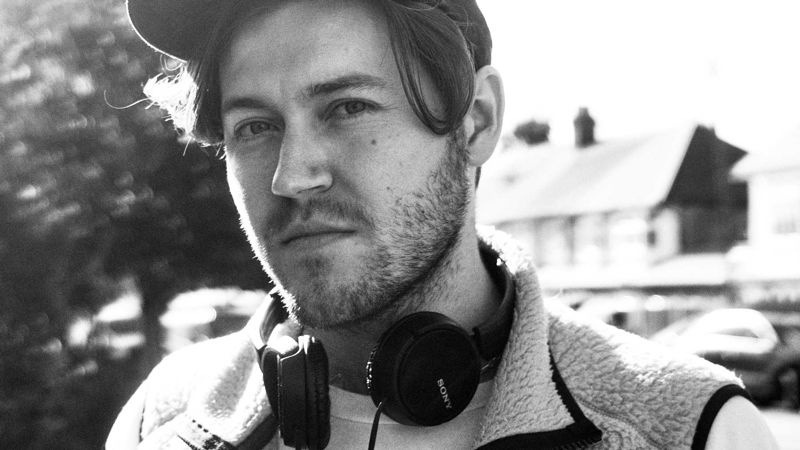
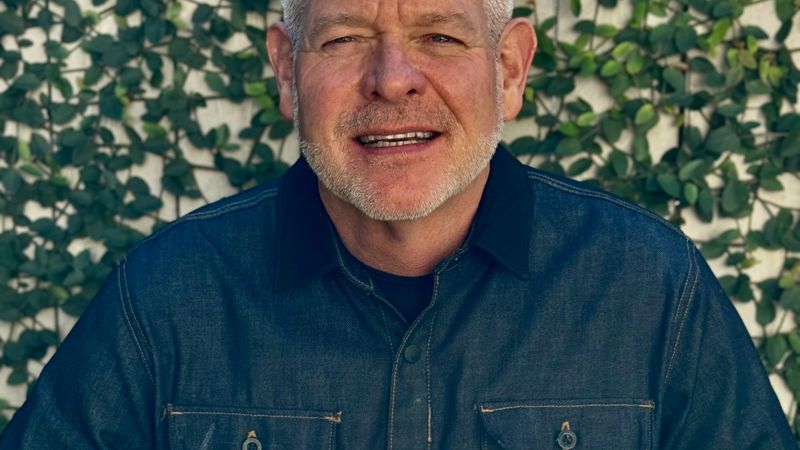


 + membership
+ membership

